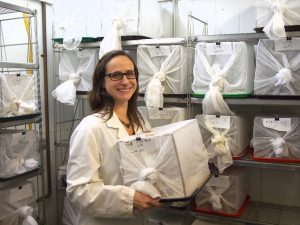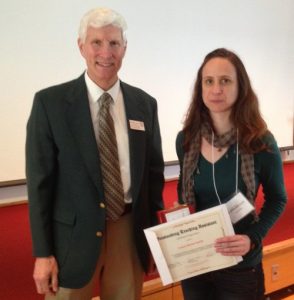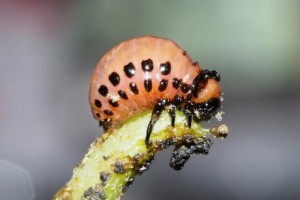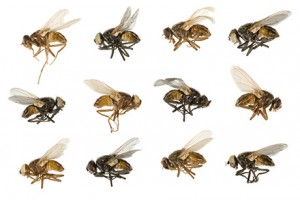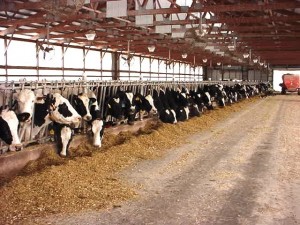Congratulations to Leticia Smith who won second place for her talk on insecticide resistance in Aedes aegypti at the International Congress of Entomology.
Congratulations to Leticia Smith who received the CALS Outstanding Graduate Student TA award.
RNA insecticide could target specific pests
Genome reveals why poop wouldn’t hurt a fly

Posted by Krishna Ramanujan-Cornell
If you spend most of your time in dung piles and garbage heaps, you better have robust immune genes. Scientists sequenced the genome of the house fly for the first time and found an expanded number of immune response and defense genes. The findings could explain how flies quickly adapt to resist insecticides, which in turn could lead to new ways to control them. Read the full story here.
Housefly genome offers clue to human sickness
BBC News Health By Michelle Roberts
Scientists have sequenced the entire genome of the common housefly and say their findings should help uncover new cures for human diseases.
The fly can carry some 100 illnesses, including one that can blind.
By comparing its DNA with that of a fruit fly, the US team at Cornell University pinpointed the genes that makes houseflies immune to the pathogens they harbour.
They also found unique code that helps the fly dissolve waste, such as faeces.
Information about these genes could help us to handle human waste and improve the environment, Dr Jeff Scott and colleagues told the journal Genome Biology.

House fly genome reveals expanded immune system
Scientists have sequenced the house fly genome for the first time, revealing robust immune genes, as one might expect from an insect that thrives in pathogen-rich dung piles and garbage heaps.
The research, published Oct. 13 in the journal Genome Biology, will increase understanding of house fly genetics and biology and of how flies quickly adapt to resist insecticides, which could lead to novel control methods. Read more in the Cornell Chronicle
Cornellians team with University of Florida scientist to study insecticide resistance in house flies.
A team of researchers (Kavi, Kaufman and Scott) has recently selected a strain of house fly having some of the highest levels of resistance to the neonicotinoid insecticide imidacloprid that have ever been reported in any insect. Their recent published study (Pestic. Biochem. Physiol. 109: 64-69) found that the 2,300-fold resistance was linked to chromosomes 3 and 4, had a significant fitness cost in the absence of resistance and was at least partly due to a change in the insecticide’s target site. There was limited cross-resistance to other insecticides, suggesting that imidacloprid might be sustainably used for house fly control if it was used in rotation with other insecticides.
Welcome!
Welcome to Professor Jeff Scott’s new lab blog. Check back for updates on lab happenings and news, as well as other pertinent research activities.

